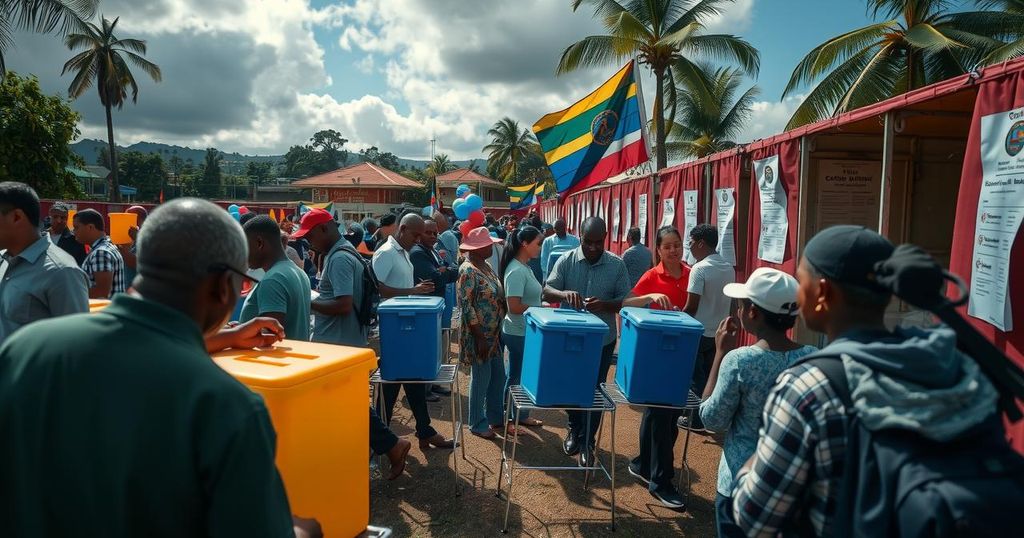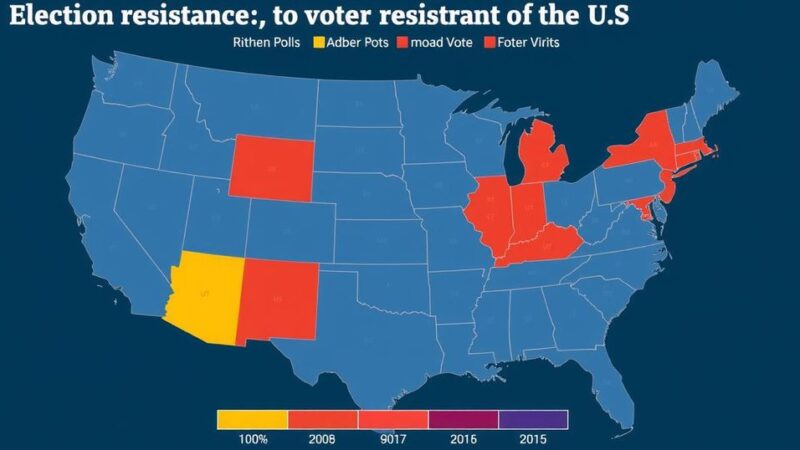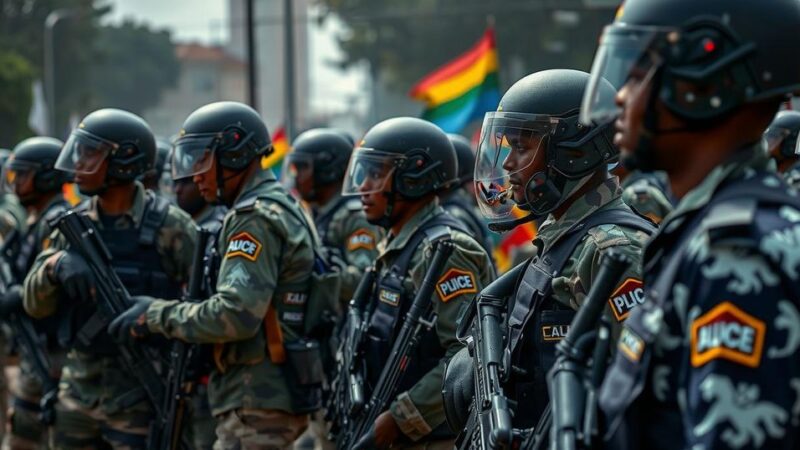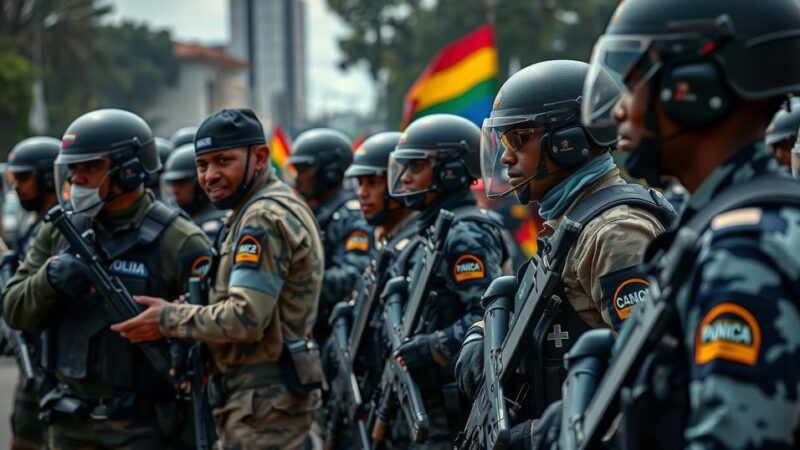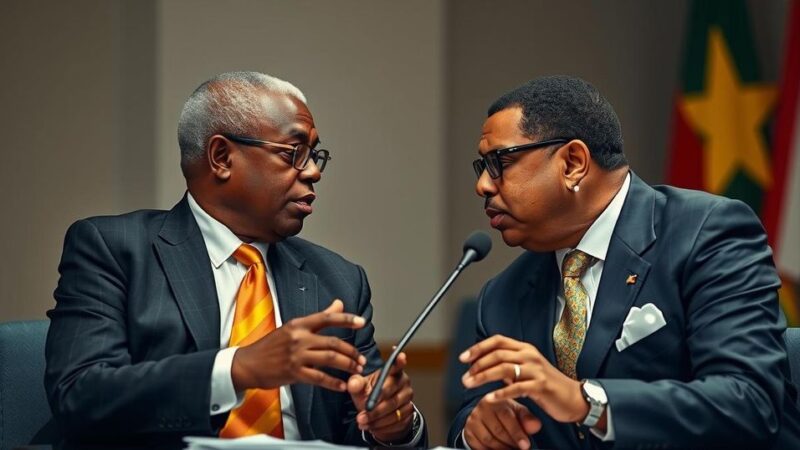Mauritius held parliamentary elections influenced by a phone-tapping scandal, affecting the political landscape. Incumbent Prime Minister Pravind Jugnauth faced challenges after leaked recordings emerged, leading to critiques about democracy and civil liberties erosion. The opposition, led by Navin Ramgoolam, challenged Jugnauth’s party amid voter concerns over economic stability and governance issues. Turnout was 70 percent, and the results are anticipated soon.
Mauritius held parliamentary elections on Sunday, amidst growing concerns over political and economic stability following a significant phone-tapping scandal. The votes came shortly after a landmark agreement transferring sovereignty of the Chagos Islands from Britain to Mauritius, but were overshadowed by leaked recordings of politicians and journalists, undermining Prime Minister Pravind Jugnauth’s re-election campaign. A social media ban was briefly imposed to quash the scandal, prompting criticism about the erosion of civil liberties in the country. The election featured a competition between Jugnauth’s Militant Socialist Movement and the opposition Alliance of Change led by former Prime Minister Navin Ramgoolam, with both sides confident of victory. Voter turnout reached 70 percent, and while security forces were deployed to polling stations, the process was reportedly mostly incident-free. Yet, concerns linger about governance weaknesses, corruption, and ongoing challenges to institutional integrity within Mauritius’s democratic framework. Historically, governance has oscillated between three influential political families since independence in 1968, with Jugnauth’s family holding a pivotal role. The electoral context has been strained by accusations of corruption tied to economic management, particularly during the COVID-19 pandemic. The focus now lies on the consequences of the recent political developments for the nation’s democratic health and economic trajectory moving forward.
Mauritius, recognized as one of Africa’s most prosperous democracies, recently conducted parliamentary elections amidst a backdrop of socio-political tension caused by a scandal involving unlawful phone surveillance. The archipelago has achieved remarkable growth since gaining independence from Britain in 1968, primarily through tourism and financial services. However, increasing concerns about governance and the operational integrity of political institutions have emerged, highlighted by incidents of corruption and allegations against political representatives.
The parliamentary election in Mauritius serves to reflect the delicate balance between maintaining democracy and addressing systemic issues of governance and civil liberties. Despite the historical significance of the sovereignty agreement regarding the Chagos Islands, the election outcomes will play a vital role in shaping the political landscape of the country. Significant attention must be paid to the ongoing claims of corruption and the health of democratic institutions as Mauritius navigates its future.
Original Source: www.news-expressky.com
